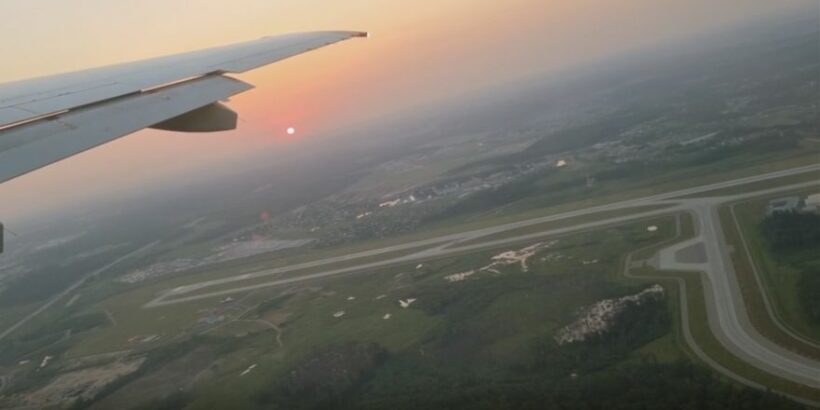Russian civil aviation is going through the most difficult and critical times in its almost century-long history. Rosaviatsia has issued an official statement on this occasion, saying that ‘a number of unfriendly states, including the US and the EU, have set aside universally recognised acts and principles of international air law’ and for the sake of achieving specific political goals have taken decisions that put the world’s air traffic system at risk of fragmentation and destruction.
The Ministry of Transport, in turn, has prepared a strategy for the development of the aviation industry until 2030, which says the decline of air travel in Russia is inevitable.
We asked Oleg Evdokimov, president of ATEO Air, economist, author of more than 500 articles on aviation economics and known primarily as an aggressive promoter of the Superjet 100 aircraft, to comment on the current situation.
– Oleg Andreyevich, first of all, a question about the current situation in Russian civil aviation. How do you assess it, what are the prospects and what should be done?
– The situation is certainly not easy – what is commonly called by the term ‘sanctions’, which is far from the legal profession, has put a serious and very sad imprint on the picture of the day.
Let me start by saying that we should distinguish between the West’s unwillingness to co-operate with Russia and the fact that this is a gross violation of long-term contracts. We should learn to react calmly to the former, while the latter should be dealt with through legal and negotiation procedures.
– And what exactly do you think is possible in the framework of negotiations, and with whom should they be conducted?
– The most significant are the statements about refusal to supply components for the production of Superjets and refusal to service them. Both Russia and its manufacturing partners are suffering here. On the other hand, a part of leased aircraft has been ‘expropriated’.
Here lies the field for negotiations – it is necessary to agree on what terms Russia will return the aircraft to the lessors, and it is obvious that it could be done on the terms of guaranteeing the supply of imported components for the Superjet in accordance with the contracts.
– If we return the leased aircraft, what will we fly on?
– SuperJets, first of all, both within the country and to the airports of neighbouring, friendly countries. Armenia, Turkey, Kazakhstan, Uzbekistan and especially Kyrgyzstan. Vietnam, the Philippines are within reach from cities in the east of the country.
I am a categorical opponent of flights in Russia and abroad on Boeing and Airbus aeroplanes that have denied Russia technical support. The purchased aircraft should be sold or leased, the leased ones should be returned on the terms I mentioned above. And one should not put the adventurism of individual private airlines above the safety of passengers. This is all up to the first catastrophe, which can and should be prevented by reasonable actions. And one should have pride, and exclude the risks associated with the impossibility of their full-fledged service.
It is absolutely ridiculous to keep 737MAXs that have not been re-certified to fly in Russia. Negotiations on their return should be considered a priority. They will show the possibility of compromise in principle.
– What if the West refuses to resume supply of components for the Superjet?
– In general, I believe in the possibility of a compromise on this topic, but it is also necessary to accelerate the development of the SSJ-New aircraft and, perhaps, to sell a licence to produce Superjets abroad. I think this could be offered to Turkey, Indonesia and even Japan, given their failures to produce their own jet.
In any negotiation process, the most important thing is not to pull the blanket on oneself, but to look for a balance of interests. And, of course, the InterJet flights that have not been flying for over a year should have been withdrawn from Mexico a long time ago.
– Thank you, Oleg Andreyevich. I hope your opinion will be heard and your proposals will be put into practice.
Andrey Velichko
for the Aviation of Russia web site


